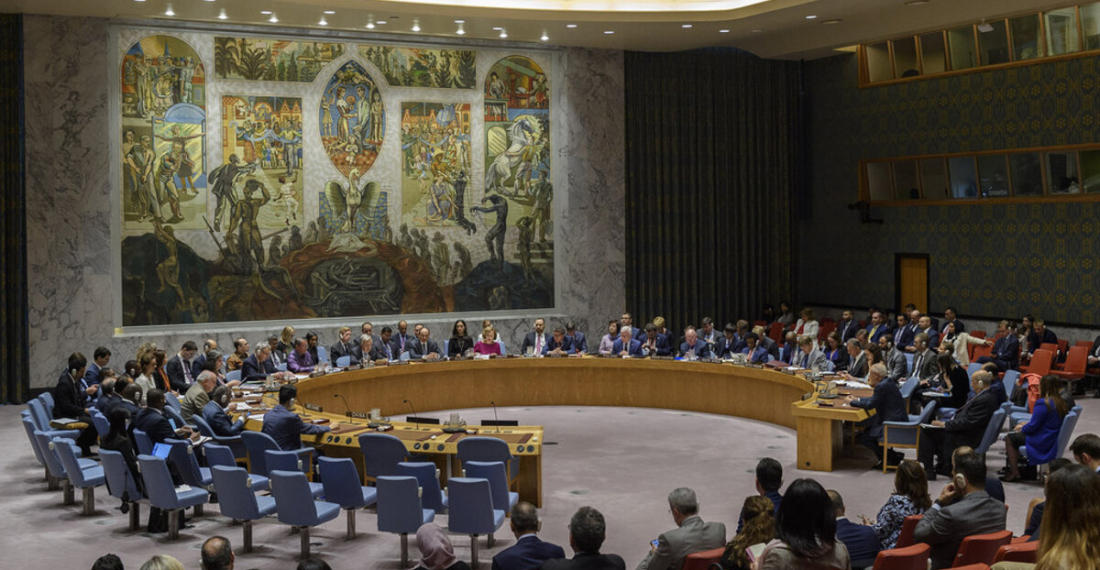Japan on Sunday (1 January) assumed the Chairmanship of the United Nations Security Council for the month of January. This is the 12th time that Japan has chaired the Security Council, despite the fact that it is a non-permanent member. However, also on 1 January, Japan joined four other countries as non-permanent members of the Council for the next two years.
The other four new members are Ecuador, Malta, Mozambique and Switzerland.
They join five other non-permanent members, whose term started in January 2022 and ends at the end of this year. They are Albania, Brazil, Gabon, Ghana and the United Arab Emirates
In the meantime, five members whose two-year term on the Council ended on 31 December have now left the Council. They are India, Ireland, Kenya, Mexico and Norway.
The United Nations Security Council has five Permanent Members, China, France, Russia, the United Kingdom and the United States. Their permanent status was enshrined in the UN Charter when it was established in 1945 after WWII and reflected the situation at the time. There are constant calls for UN reform, and for including more permanent members on the Council, particularly to reflect the opinion of the Global South.
source: commonspace.eu
photo: The UN Security Council in session (archive picture)







